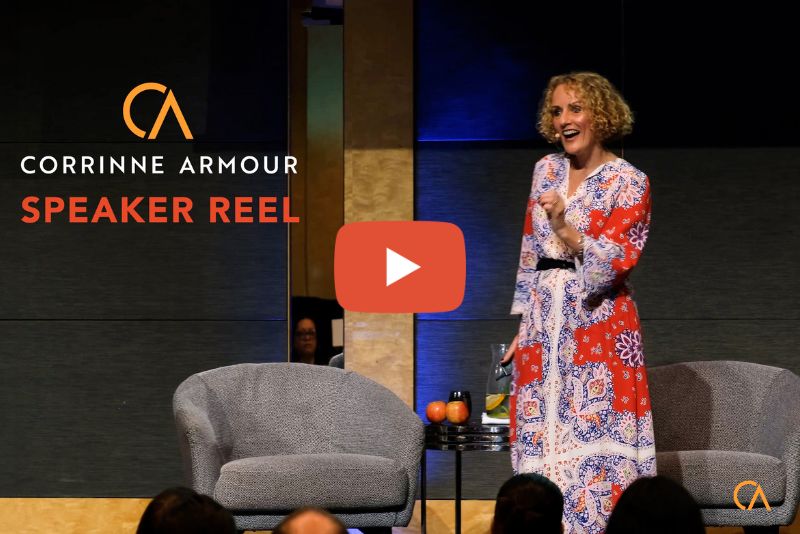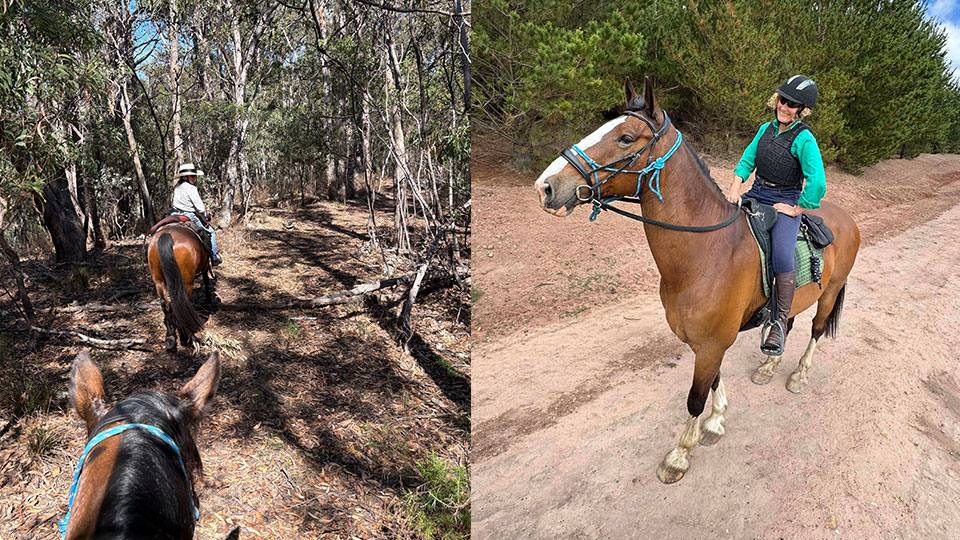
Dropping the formal performance process was quite a contentious idea a few years ago. How will people know how they are tracking? How will we rank them? How will we determine remuneration?
There is mounting evidence that performance management systems are costing companies millions, both in terms of operational expense and in the damage they cause. But…. with a formalised system in place, at least we knew that our leaders were talking to their people about performance twice a year, even if it was done awkwardly.
Now the idea of ditching traditional performance review systems is almost mainstream, and yet there is still a concern about the frequency and quality of on-job feedback and developmental conversations.
The ‘simple’ solution is regular, timely and targeted development conversations that drive engagement, develop performance and produce results.
Simple does not mean easy! Leaders often don’t see that performance conversations are their job, nor do believe they have the time or skill to have them. Some managers have a fear of being uncomfortable in these types of conversations.
To create a sustainable learning organisation, and thrive in a post-performance review world, people leaders must be encouraged, skilled and empowered to own the role of on-job development.
Less ‘tell’ and more ‘ask’ – Taking a coaching approach to develop performance
Poor leaders tend to ‘tell’ when it comes to developmental conversations. While the person’s rational brain may be listening, this won’t help with recall or ownership of learning.
Great leaders boost on-job development through asking questions that leverage the power of the brain for learning. When leaders ‘ask’ questions that lead people to a new understanding, ‘insight’ is involved. Insight is that light bulb moment where the brain pulls seemingly unrelated ideas together and connects them in new ways. The ‘generation effect’—replicated in a number of behavioural and neuroscience studies—shows that people are more likely to remember an idea they generate themselves*. Questions are a critical tool in a leader’s development tool kit.
It’s vital that people leaders are having the conversations needed to develop their staff. Ensuring leaders see this as part of their role and equipping them with the ability to ask more and tell less, will create ongoing development in the absence of a traditional formal performance conversation system.
What might be possible for you and your team, when you become a leader who asks?
Go fearlessly
* See ‘Why insight matters’ by Josh Davis, Christine Chesebrough, David Rock, and Christine Coxin Neuroleadership Journal Sep 2015.
STAY IN THE LOOP
Subscribe to our blog.
Exciting. Intimidating. Challenging. Encouraging. Discouraging. These are some of the emotions we face when we commit to mastering something new. The first time I gave a ‘speech’ was in my postgraduate year, presenting my research findings to fellow students and examiners. I was so nervous I felt sick. Afterwards, I felt proud of what I





